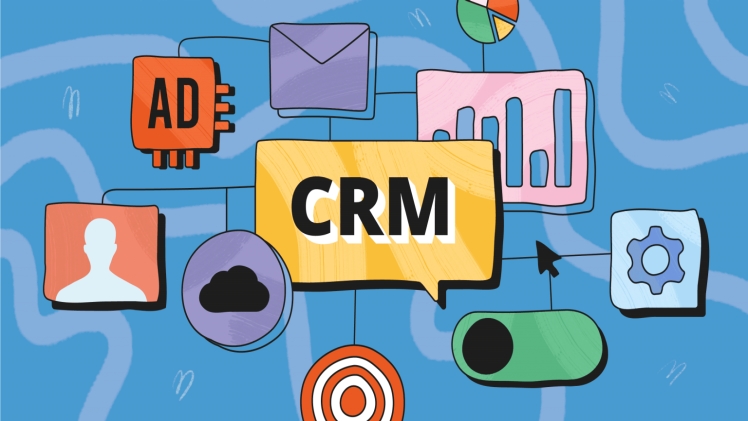We recently talked a little bit about the general purpose of CRM, gave some very basic advice on what to look for in CRM. However, that was just a basic introduction, and there are a host of different types of CRM out there, some designed specifically for different departments, and while specialization in business software isn’t always a good thing, when it comes to CRM, when you have compatible applications across different departments, some specialism like this is very helpful. When it comes to sales CRM, this is CRM that models actual customer conversion, makes big notes of up sells and so forth, and generally tracks the profitability and conversion as well as churn when it comes to ongoing transactions. In short, it basically tracks when people buy, what triggers him to buy, when they are willing to pay more for a higher/more premium quality alternative and when they no longer take an interest in purchasing your product or service. It’s pretty obvious why this kind of data is so invaluable.
Some people may think, well, isn’t that just CRM in general? Well, pretty much all CRM software is capable of this, but sales CRM specializes in tracking purchases, up sells, conversion and churn, and has advanced feature sets to do more analysis and get a more granular look at what’s going on. There also exists a specialized CRM solution for customer service, tech support, business intelligence and marketing which is, surprisingly, not quite the same thing as sales.
With this more granular, precision data from specialized sales CRM software, you can build pretty accurate predictive models of what demographics will buy what and when, and spot patterns in things that cause churn, as well as patterns and things that successfully promote up sells and increase profitability across various demographics. If you can get to the seed of these patterns, you can alter your marketing, sales and general front-facing business culture to emphasize and better utilize this information to guarantee better sales and greater customer retention. Did that sound complicated? It is, but only internally with the software, as most CRM software is designed to be extremely user-friendly.
When it comes to obtaining CRM software, especially sales, you have a couple of options. You can go with a larger suite that has very significant and extensive customization capabilities to create specific portals for sales, support, business intelligence and marketing, or you can get individual suites dedicated solely to these different departments, but the latter provides a host of challenges. While you may have to put a little bit of elbow grease into customizing the portals with a broad suite, your IT staff can do this easily, and it’s rarely difficult to do, with templates for what you need being generally available. If you go with individual independent suites across your departments, interoperability across them, something that you definitely need for larger predictive models for your business, become increasingly difficult to stably do.
If you are interested in specialized sales CRM software, be it a custom portal of a broader suite or a singular application, we recommend reading some of our other articles related to the topic where we discussed CRM for small business, CRM for other departments and provide general shopping and feature-spotting guides for when you shop for your business technology!




